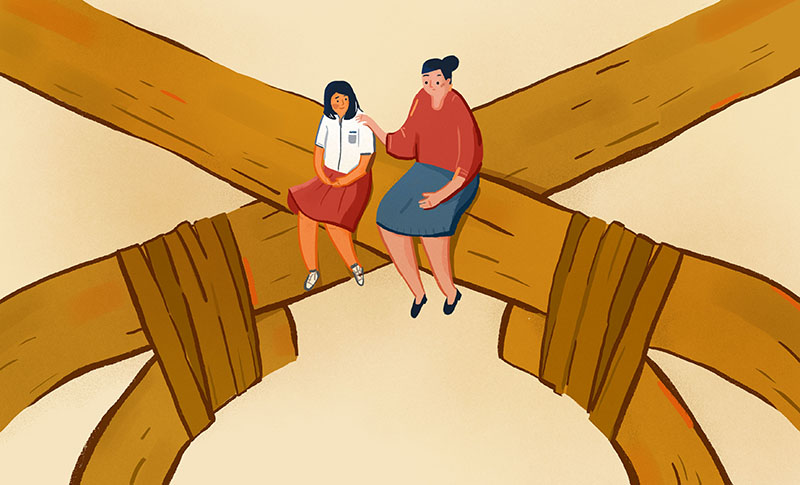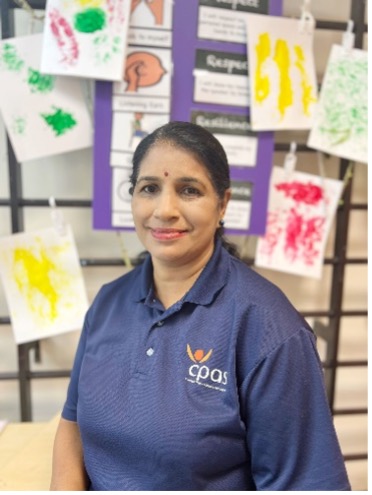When I first started Pioneer Junior College – 15 years ago – we had a community programme for students to do volunteer work overseas. The first batch, in 2001, went to Vietnam.
A few hours after I sent them off at the airport, one parent rushed to my school office – worried about his daughter who would be in Ho Chi Minh for 10 days. The father said that she had forgotten to pack her slippers.
I told him not to worry. Students could purchase basic items like slippers over there. Besides, they saw this as an adventure trip. I was confident she could solve this simple matter on her own.
The father insisted that the school must courier the slippers to her – or he would do it himself. I offered to relay the message to the teachers accompanying the class, and ask them to look out for his daughter. He walked out in a huff; unhappy that I didn’t do as he wanted.
In the end, my teachers told me the girl had no issues getting her own pair of slippers. I didn’t check on the student further because I felt it might embarrass her instead.
As children get older, it’s important to give them space to grow up and manage tasks independently.
JC students are at an age where they must learn to solve their own problems. Being overly protective, or overly supportive, can deny them learning opportunities.
I believe most parents know this, theoretically. Some are just too quick to intervene.
As JC principal, I’ve met fathers and mothers who would “sneak” into my office to discuss their child’s studies and relationships, and then request that we keep these talks “secret”. Some even got me to check if the coast was clear for them to leave the school without their children spotting them!
We all have stories of overzealous parents. Once, a student’s parents went to a three-day multi-school camp in the National University of Singapore near midnight carrying a pillow and a bolster. I was chaperoning, and asked why they were there. They said their daughter had texted home saying she “wasn’t used to the ones provided.”
Another time, I received anonymous emails and letters citing global travel concerns, “petitioning” for my JC to stop the overseas volunteer programme. We eventually discovered the notes all came from one mother who was concerned about her son going overseas, and hoped we would cancel the trip without him knowing she intervened.
In all these cases, the parents meant well, no doubt. But we needed to help them find the courage to let their teenager socialise, be independent and discover the world on his or her own.
We’d also remind them that we prefer students to work with us directly to solve problems. And lastly, though perhaps most importantly for their children, teenagers tend to be concerned with how their peers view them – and being “mummied” didn’t help their status.
Express support and offer advice, but give youths time to solve their own problems. Intervening too often doesn’t do them any good.
Mr Kwek Hiok Chuang retired in 2016 after 38 years in the Education Service. He started as a Maths and Physics teacher, and rose to become principal of North View Secondary by 33. He subsequently served as principal of Anderson Secondary School and held senior positions in the Ministry of Education, before helping to start Pioneer Junior College in 2001. In 2006, he was appointed as principal of Nanyang Junior College, and spent a decade building a close-knit and caring culture in the school.



.jpg)

.jpg)
